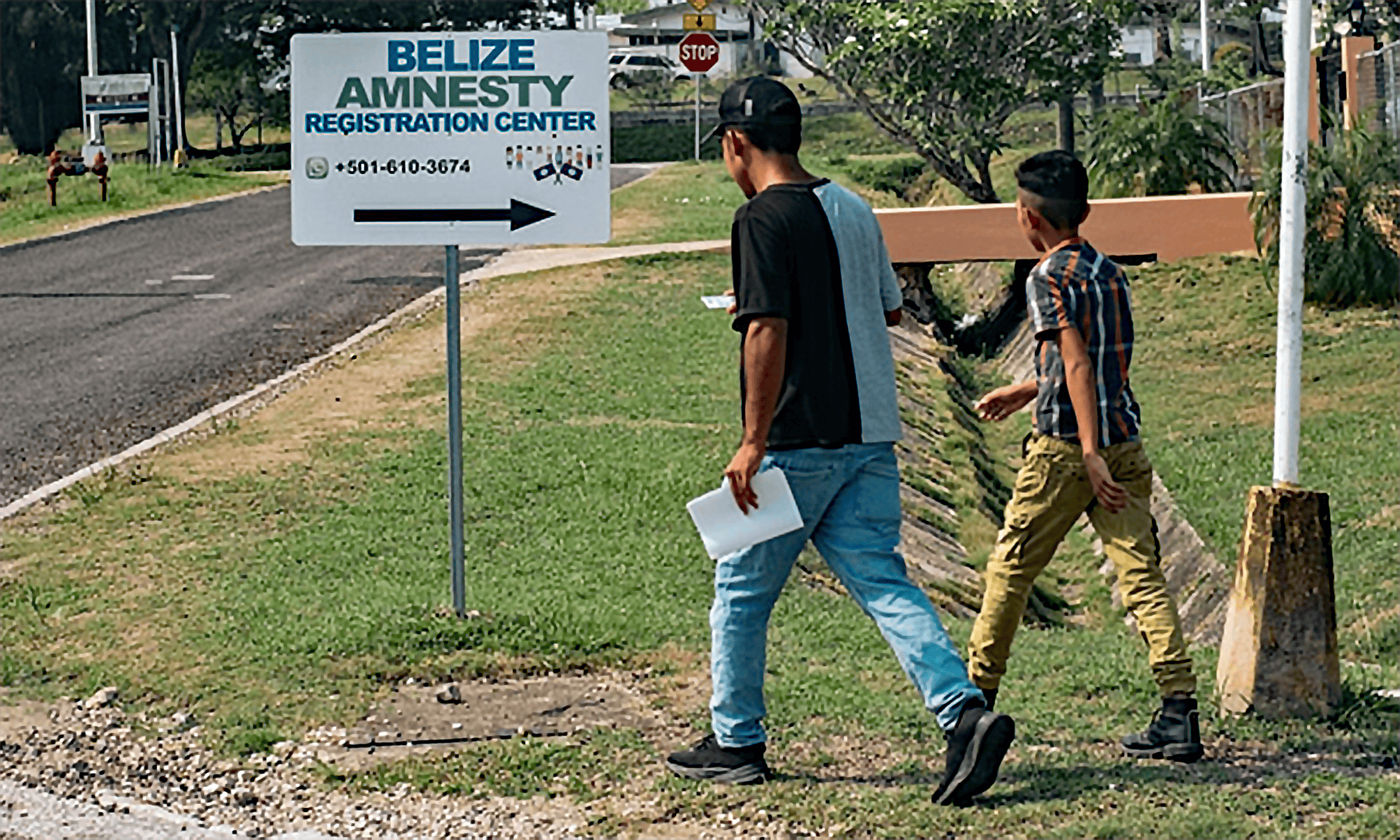
ME&A Evaluates Key Migration Program Amid Historic Challenges in Western Hemisphere
ME&A recently completed a mid-term performance evaluation of the Western Hemisphere Regional Migration Capacity Building Program (WHP) for the U.S. Department of State Bureau of Population, Refugees, and Migration (PRM). The evaluation, covering fiscal years 2019 to 2023, assessed WHP activities implemented in 12 countries.
WHP addresses historic high forced displacement and irregular migration in the Western Hemisphere driven by violence, economic hardship, and climate change. Notably, the Darién Jungle in Colombia and Panama has become a challenging transit point, leading to an increase in migrant deaths. WHP works to build the capacity of governments and stakeholders in Latin America and the Caribbean to manage migration safely, humanely, and sustainably. Its goals align with key initiatives such as the U.S. Collaborative Migration Management Strategy, the Los Angeles Declaration on Migration and Protection, and the United Nations Global Compact for Migration.
The evaluation’s findings focused on the program’s effectiveness, efficiency, sustainability, and relevance, identifying areas for improvement in the program’s current contract’s third year. The countries included in the evaluation were Belize, Costa Rica, the Dominican Republic, El Salvador, Grenada, Guatemala, Haiti, Honduras, Mexico, Panama, Suriname, and The Bahamas. ME&A’s evaluation team used a mixed-method approach and conducted field work in Costa Rica, Dominican Republic, Honduras, Mexico, and Panama. The mixed methods included a desk review, interviews, focus groups, and surveys to answer four questions:
- To what extent has WHP meaningfully strengthened the ability and capacity of governments to manage humane and ethical migration?
- What improvements can be made to PRM and IOM oversight, operations, resource allocation, and management structures for WHP in Year 3 (and beyond)?
- To what extent are observed gains achieved by WHP likely to be sustained beyond the life of this project (2025)?
- To what extent are WHP interventions appropriately designed and targeted to achieve U.S. government priorities on promoting safe, orderly, and humane migration management in the region?
PRM, the humanitarian bureau of the State Department, promotes U.S. interests by providing protection, easing suffering, and resolving the plight of persecuted and forcibly displaced people around the world. PRM awarded ME&A the task order under a Performance Management, Evaluation, and Learning Services (PMELS) Indefinite Delivery Indefinite Quantity (IDIQ) contract, providing monitoring and evaluation services to regional, functional, and management bureaus at headquarters and overseas. ME&A is the prime contractor on two U.S. Department of State IDIQs covering two Functional Areas: Civilian Security, Rights, and Stability along with Economics, Environment, Science, Technology, and Health.
Featured photo above courtesy of Marco Integral Regional para la Proteccion y Soluciones (MIRPS)


